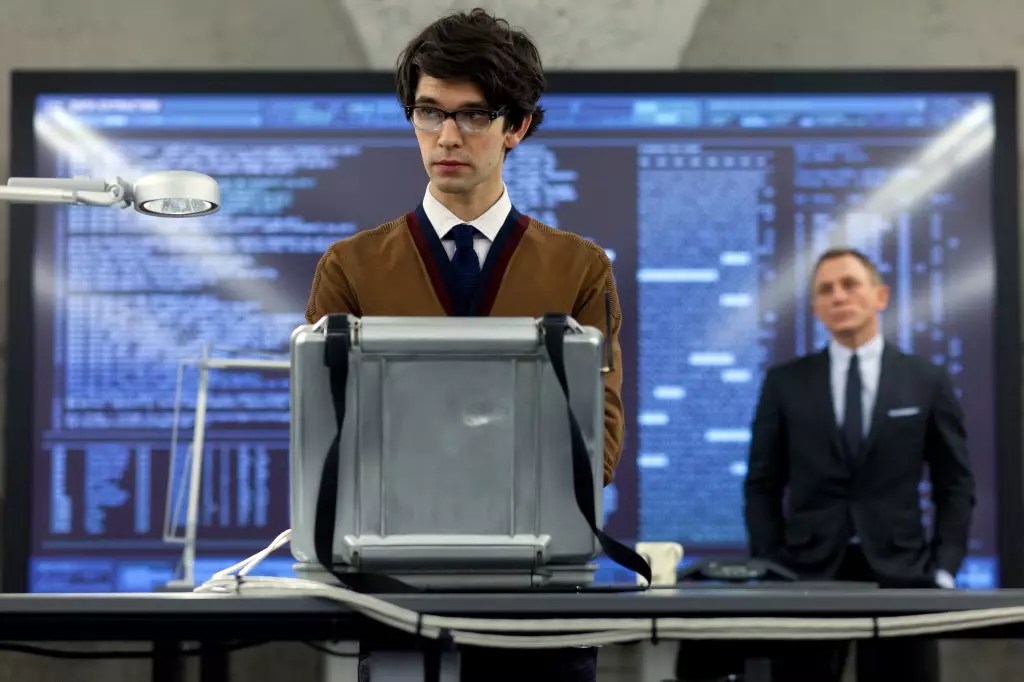Ben Whishaw, known for his portrayal of Q in Daniel Craig’s James Bond series, recently expressed his thoughts regarding the future of the iconic character and the franchise itself. During an interview with BBC’s Laura Kuenssberg, Whishaw candidly stated that he doesn’t anticipate a return for another Bond film, hinting at a potential reboot that may feature an entirely new cast. “I don’t think I’m going to be in the next one,” he remarked, suggesting a significant shift away from the established characters that fans have come to know.
Whishaw’s admission reflects a broader acknowledgment within the industry that change may be necessary to reinvigorate the longstanding franchise. His willingness to reprise his role if asked demonstrates his respect for the series, while also exhibiting a thoughtful understanding that the progression of storytelling often necessitates new blood. This perspective not only elevates the ongoing conversation about the future of Bond but also highlights the actor’s deep connection to the character and the lore surrounding him.
Speculation on the Next Bond
With Craig’s Bond meeting a dramatic end in “No Time To Die,” speculation surrounding his successor has intensified. Among the names circulating in popular media, Aaron Taylor-Johnson has emerged as a frontrunner, bolstered by endorsements from former Bond actor Pierce Brosnan. Brosnan emphasizes Taylor-Johnson’s talent, noting that he possesses “the chops” to take on the mantle of 007. Such endorsements from seasoned actors carry weight, as they suggest a continuing legacy and a mentorship-like connection across generations of Bond portrayals.
The prospect of Taylor-Johnson stepping into the role is compelling, especially given the finite nature of Craig’s tenure, which has often been characterized by a darker, more nuanced interpretation of Bond. The idea of bringing in a new actor opens the door to different narratives and creative directions, which could benefit both longtime fans and a new audience. It simplifies the complex legacy of Bond while facilitating fresh storytelling, a key element for any successful franchise.
Embracing Change in Film Franchises
The notion that the Bond franchise requires a new lease on life resonates deeply in today’s cinematic landscape, where reboots and revisions have become commonplace. Whishaw’s remarks serve as a rallying cry for innovation, urging filmmakers to take risks and explore uncharted territories. This transition is not merely about replacing actors; it’s about reshaping the characters, stories, and themes that have historically defined the series.
Brosnan’s advice to be “bold” and to embrace the experience speaks to the heart of what the next phase of Bond should embody. The world has evolved dramatically since the inception of the series, and the characters must adapt accordingly. The trajectory of storytelling increasingly favors complexity, representation, and relevance, which could invigorate the franchise and capture the zeitgeist of contemporary cinema.
As Whishaw reflects on his role and the future of Bond, it becomes clear that the legacy of 007 is still very much alive, despite the uncertainties that shroud it. The upcoming decisions regarding casting and narrative direction could redefine the series, setting the stage for an exciting new era for one of film history’s most beloved characters.


Leave a Reply